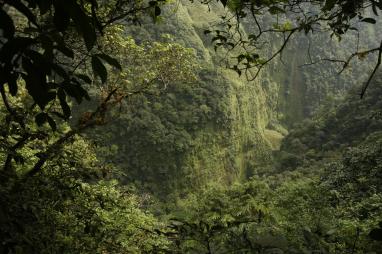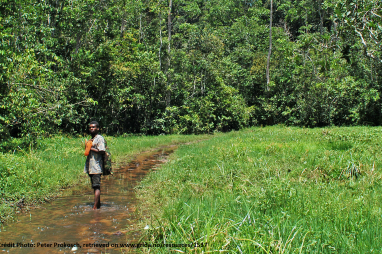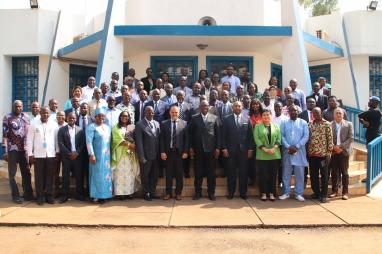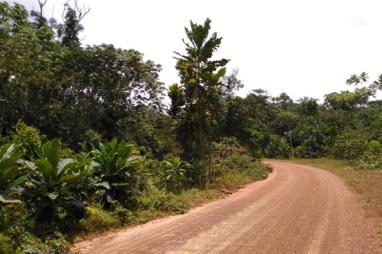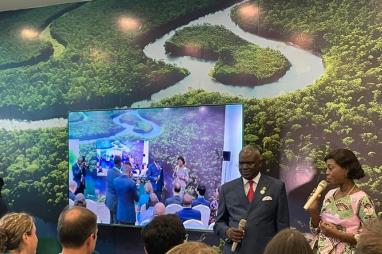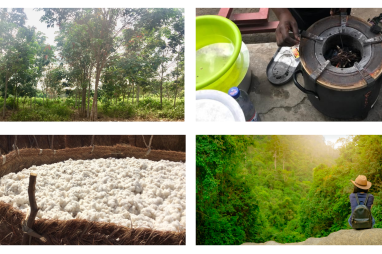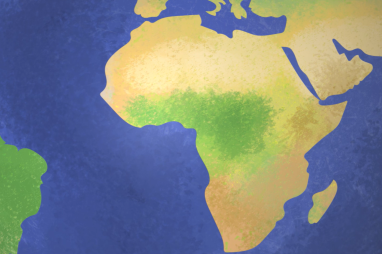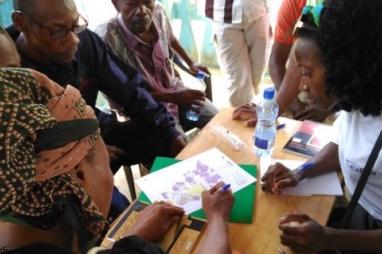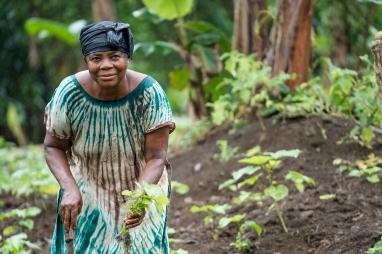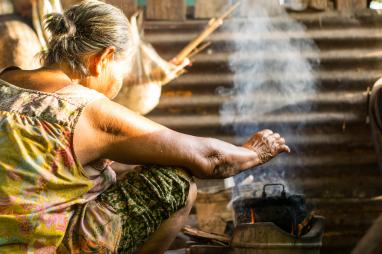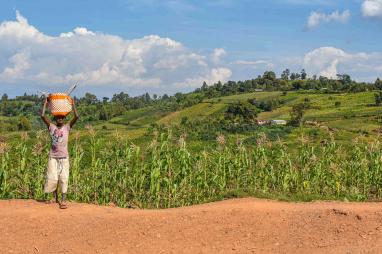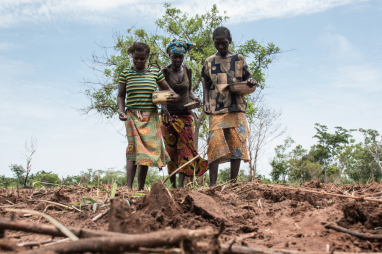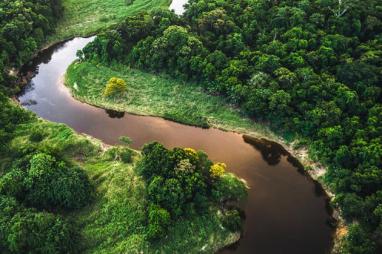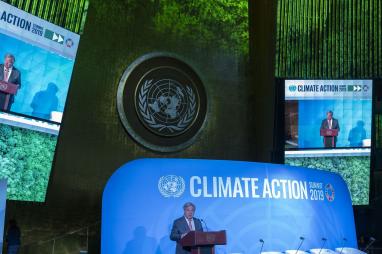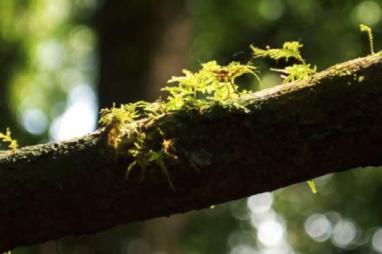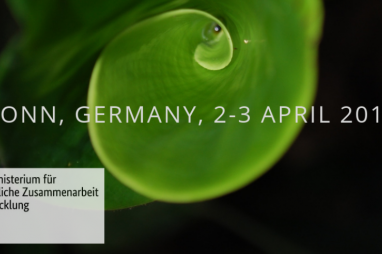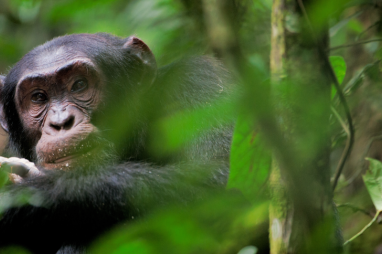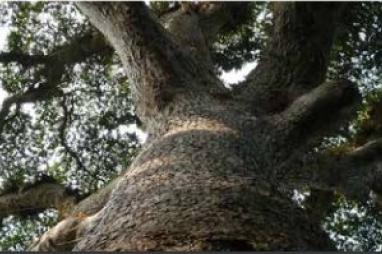Heavily impacted by politico-military crises, the Central African Republic (CAR) is one of the poorest countries in the world, with economic and social development hampered by years of intermittent armed conflict. Deforestation and forest degradation, the main source of greenhouse gas emissions, remain relatively low (see graph here), with the exception of the outskirts of urban centres. However, forest loss and degradation are expected to increase as the peace process and economic development progress.
In this pivotal period, the partnership with CAFI seeks to support the country's recovery on a low-carbon sustainable development path. The CAR's National Investment Framework (NIF) for REDD+, developed with CAFI's financial support, emphasizes the need to adopt a more integrated approach to sustainably pull CAR out of the crisis it is experiencing.
Thus, the NIF advocates for the implementation of an approach that strengthens the central and deconcentrated administrations and local communities, while simultaneously implementing operational investments for the benefit of local actors. These can be replicated on a large scale, following the spatial progression of the reconciliation process.
Partnership at a Glance
The Central African Republic’s dense humid forests are split into one massif in the southwest and the Bangassou forest in the East. They harbor exceptional biodiversity including 208 mammal species, 698 bird species, 25 reptiles and hundreds of tree species amongst which some are endangered or vulnerable.
45% of the population suffer from food insecurity, and 59% lives in conditions of intense deprivation.
hectares of dense tropical forests
rank in 2020 Human Development Index, out of 189
of the population was in extreme poverty in 2020
of the population depends on fuelwood for energy
US $ of funding from CAFI through 2 grants
investments axes and 3 pilot territories
CAFI aims to support the Central African Republic at two levels
- At the central level: in the implementation of major reforms that it has undertaken, notably on decentralization - a central element of the peace agreements, land use planning, land tenure, etc. - with a view to laying the foundations for the sustainable development of a country in a reconciliation phase;
- At the local level: in a balanced development of territories that reconciles economic and social development with the preservation of forests and natural resources. Three initial territories have been identified: (i) Bangui and its periphery, where ecosystems are particularly threatened to meet the needs of the capital's population, (ii) the complex of protected areas of Dzangua Sangha, Mbaere Bodingue Park, Ngotto forest, which includes forests with High Conservation Value and valuable natural resources (gold, diamonds, timber, etc.) and (iii) the Bangassou forest, which, being far away from the capital, is under significant pressure for the needs of vulnerable local populations.
Our programmes
Policy Dialogue
The government's vision is of a country that is finally at peace, pursuing national reconciliation dialogue, taking concrete steps toward a solid peace, and initiating a process of recovery and sustainable development that ensures environmental sustainability and the sustainable use of natural resources.
A second preparatory grant, approved at the end of 2020, will make it possible to develop the three feasibility studies for the programs identified in the REDD+ NIF, as well as to initiate a high-level policy dialogue between the CAR and CAFI donors in order to produce a Letter of Intent that will specify expected results and financial commitments of partners to support the CAR in implementing the priorities identified in its NIF.
One of the main challenges of this work will be to align the interventions of the various stakeholders, including technical and financial partners, in order to implement the ambitious measures of the REDD+ NIF in a coherent and integrated manner.
Latest updates
Documents
Overview of all CAFI EB decisions on the Central African Republic
Overview of all CAFI EB decisions on the Central African Republic , 27 Jun 2022
27 Jun 2022

